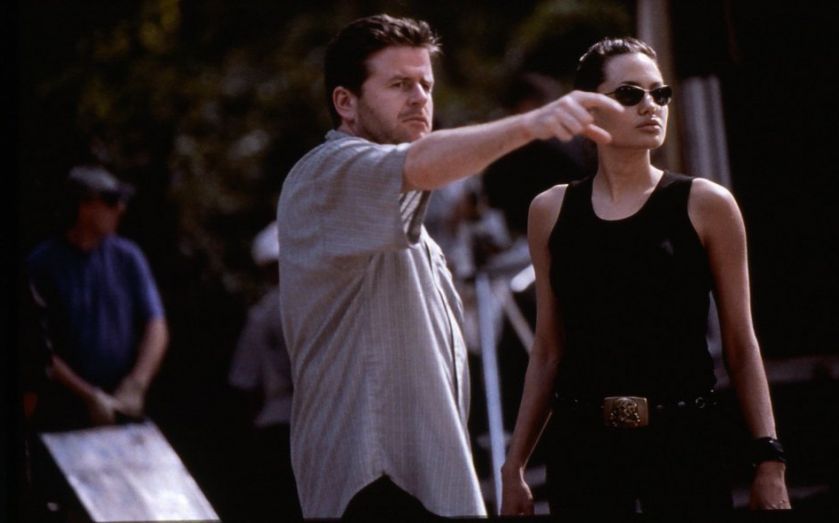Crowdfunding Hollywood: Why the UK will finance the blockbusters of the future

Over the years, the nationality of baddies in Hollywood films has offered a pretty reliable barometer of American geopolitical preoccupations. During the Cold War, there was an abundance of Russian villains on the big screen, with snow on their boots, vodka on their breath and their fingers on the nuclear trigger. More recently, jihadi terrorists, Somali pirates and North Korean despots have all taken a turn as baddies du jour.
But if there’s one country that has consistently supplied more than its fair share of the actors who play the bad guys, it’s Britain. Nothing says “evil genius” to a global audience better than Royal Shakespeare Company diction.
Of course, the UK has supplied Hollywood with dozens of fine heroes and heroines – and the odd director – too. At times, Oscar night can feel like a RADA class reunion. And more recently, Britain’s input into US blockbusters has gone beyond just supplying talented people. London’s post-production facilities and visual effects studios now rival those of LA, and the all-conquering and effects-laden Gravity was shot and edited almost entirely in London.
But in the future, Britain will make its influence felt in Hollywood by supplying something even more fundamental to making movies – money. And the remarkable thing is the cash won’t just be coming from cigar-chomping professional film investors, but from ordinary Britons willing to buy shares in a film in return for a share of the profits.
Just as equity crowdfunding has revolutionised the way young firms raise funds – and democratised the way people invest in shares – now it is shaking up the way directors fund films.
The funding model for mainstream feature films has barely changed in decades. With a few variations, it is this: a big studio supplies cash to make the film, in return for the lion’s share of the profits and effective control of the production process. During my two decades in the movie business, I’ve funded many films this way. The trouble is that the studios’ deep pockets often come with inefficient, expensive, and creativity-stifling bureaucracy.
So for my latest project – an action comedy entitled Salty – I’m raising £1.8m of the film’s budget by selling shares to investors via the equity crowdfunding platform SyndicateRoom. The platform is used by both small investors and business angels, but all share the same desire to make a profit on their investment.
The shares are currently only available to UK investors – as US regulators forbid film-makers from raising finance from “non-accredited” investors. Given that modern crowdfunding is an American invention, it is ironic that if I’d wanted to crowdfund this film in California, I would have had to limit myself to offering “rewards” to investors rather than shares.
Equity crowdfunding may have been born in the US, but it has come of age in the UK. The FCA was much quicker to recognise its potential and regulate it than its US counterpart, and more crowdfunding campaigns are now launched in London than in any US city.
By contrast, American film investment platforms are still hamstrung by regulation and remain the preserve of a well-connected Hollywood clique.
Only in Britain has an enlightened regulator and a public willing to embrace innovative financial services combined to make equity crowdfunding such a mainstream success.
I may be the first Hollywood director to use an American fundraising technique to seek finance from British investors, but I won’t be the last.
Simon West is a film director whose movies include Tomb Raider, Con Air and The Expendables 2. Shares in his next film are available via the SyndicateRoom crowdfunding platform. www.syndicateroom.com